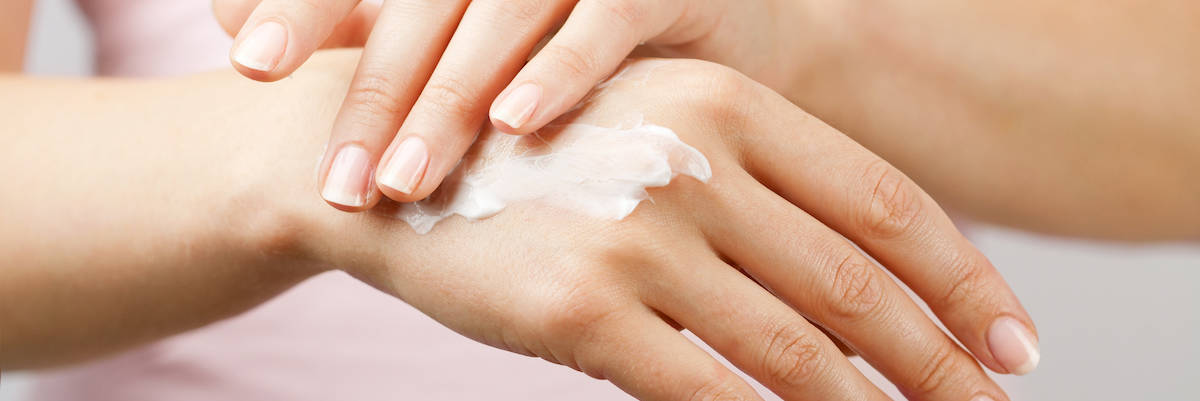What we h ave seen as skin and beauty care has changed drastically over time. Using pig fat as a moisturizer was the big skin care trend 300 hundred years ago. Today, we are floating in a sea of similarly outlandish skin care regimens– sometimes effective, sometimes harmful. Since before social media had influencers, personalities on various platforms have been hocking various products and trying new random trends to spare the rest of us from the experimentation. For 2017 trends, skin care is getting more scientific and more old school than ever. Here are the top 5 skin care trends from this year.
ave seen as skin and beauty care has changed drastically over time. Using pig fat as a moisturizer was the big skin care trend 300 hundred years ago. Today, we are floating in a sea of similarly outlandish skin care regimens– sometimes effective, sometimes harmful. Since before social media had influencers, personalities on various platforms have been hocking various products and trying new random trends to spare the rest of us from the experimentation. For 2017 trends, skin care is getting more scientific and more old school than ever. Here are the top 5 skin care trends from this year.
- If you can eat it, someone will try to get you to put it on your face. At the beginning of this year, it seemed like every beauty blogger and makeup artist was trying to get us to cover out face in food. It even progressed to using food products as makeup! That’s not to say certain foods are not useful as beauty agents. The acidic properties of lemons, for example, are great for exfoliating and brightening for the skin. Certain rubs made from food are effective without exposing yourself to harsh chemicals of store-bought cleansers.
- Probiotics are not just for your insides. While these friendly bacteria are great for your gut, it turns out they are also gaining ground as good for your skin. There is little proof to substantiate this claim as of yet, so if you are up to try this trend you will need to do your homework first. The thought behind what is likely to become a huge mainstream product in the near future is that the good bacteria will prevent the body from over-reacting to the bad bacteria, which would slow the volatility of breakouts. The skin is similar to the gut in that it has a delicate balance. Probiotics may be the tool to get you back in balance.
- Korea has the best stuff and you have to follow all of the instructions. Westerners in general have long been a bit obsessed with Asian skin care for the desired porcelain visage. Here in the US, exotic ingredient from the Korean peninsula and the complicated processes from them have grabbed hold. While we are becoming more comfortable with researching new ingredients, but you need to be careful. Only use reputable sellers (with extra precaution for online shoppers) and be on the lookout for allergic reactions.
- No makeup, no system, no problems. The sans-makeup trend is back, and has brought some friends: clean and simple skin care. Alicia Keys kicked this off in a big way during the early awards season and it has only picked up steam. Women are not wanting to spend an hour resulting their faces with contour creams and powders. Exfoliation, hydration, and protecting have become the big touchstones, which has also brought a resurgence of “beauty bars” and similar bar soaps.
- In-office treatments are great check-ins for skin health. Dermatology service are on the rise. Peels, light therapy, and product consultations are becoming more mainstream and less daunting for patients of dermatologists. There are all kinds of easy, safe procedures that will get you the results you are looking for without having to put in the research and guesswork of finding new products.
The Dermatology Center of Indiana services Noblesville, Westfield, Avon, and Bloomington along with many other cities throughout Indiana. Join us today in one of our locations where you are always welcome!
Disclaim: This blog provides general information and discussion about medical, cosmetic, mohs, and surgical dermatology. The words and other content provided in this blog, and in any linked materials, are not intended and should not be construed as medical advice. If the reader or any other person has a medical concern, he or she should consult with an appropriately-licensed dermatologist or other health care worker.